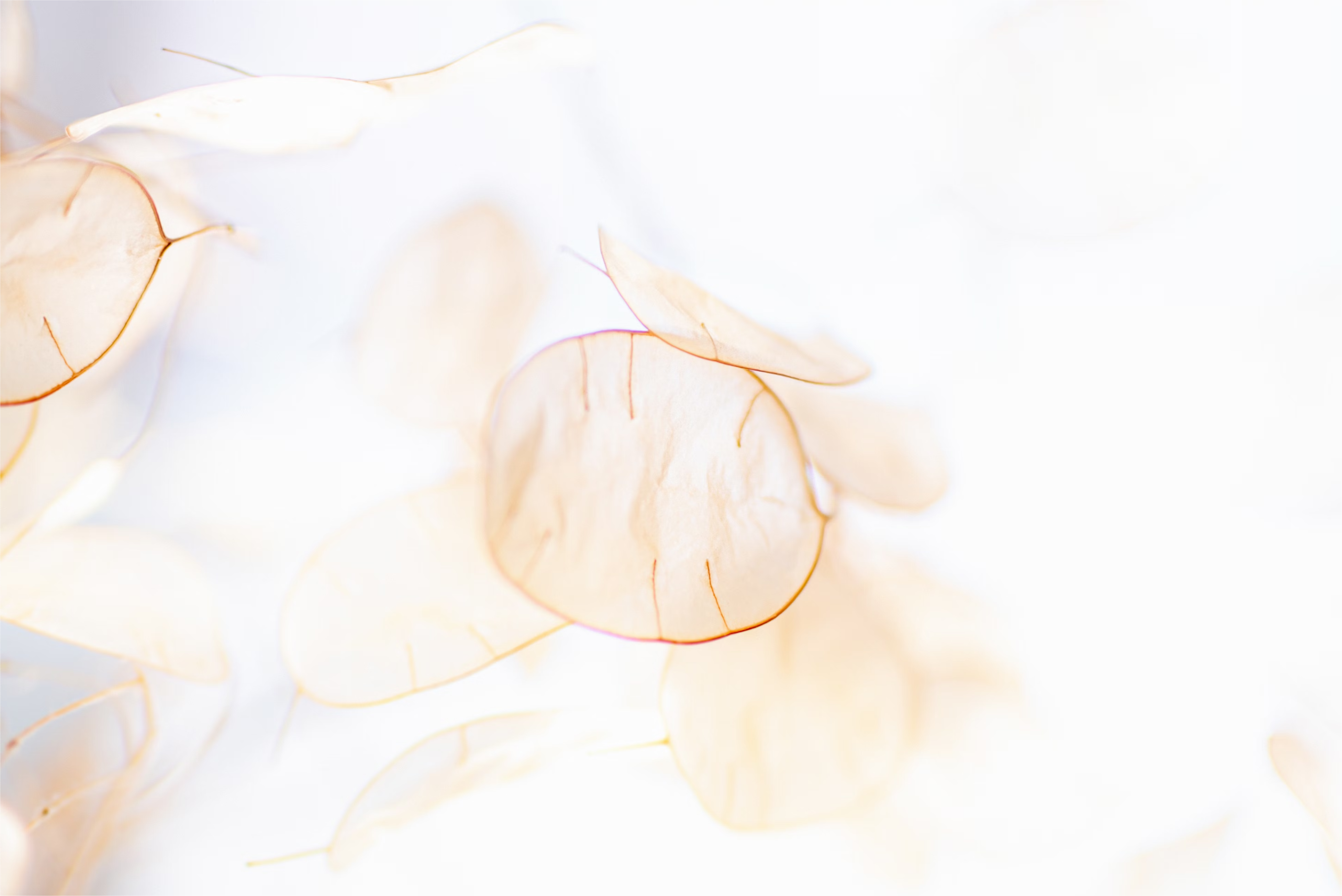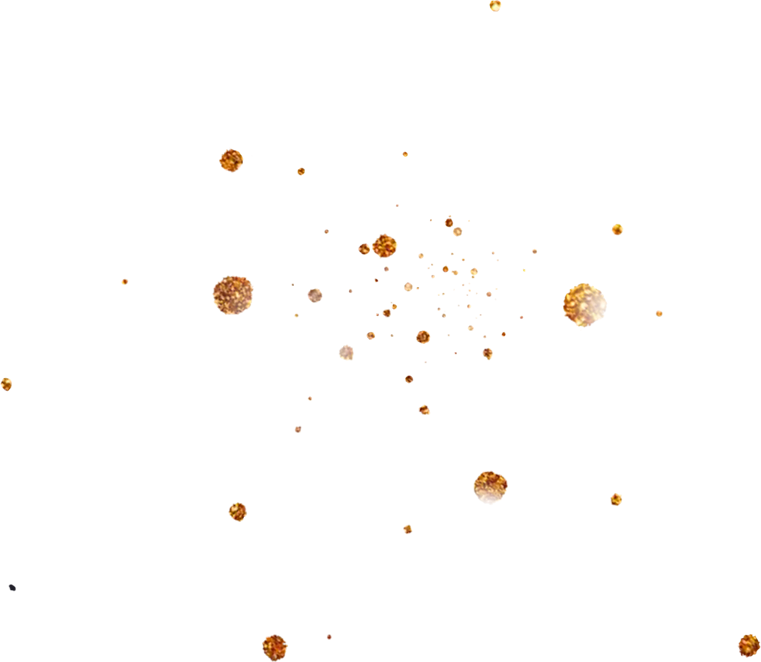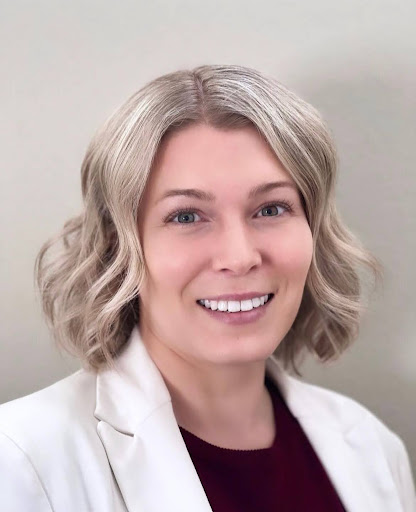
About The Provider
Dr. Romero graduated from Bastyr University with a Doctorate of Naturopathic Medicine in 2022. She completed a residency in primary care before specializing in naturopathic aesthetics and regenerative medicine. Dr. Romero has a bachelor's and master's degree in psychology and an undergraduate degree in pre-medical and nursing sciences. She also spent time in a neuroscience research lab and presented research for APS during her first year of medical school. Prior to medical school, she spent nearly a decade working in the nursing field, caring for patients in both acute and long-term care, as well as in pain management and addiction settings.
Dr. Romero takes a whole-systems approach to aesthetics by identifying and treating the root cause. She specializes in minimally invasive procedures such as microneedling and plasma pen, combined with specialized growth factors and cytokines aimed at rejuvenating targeted areas. Her love for science shines through in her work, as she is always staying up-to-date on the latest technology, research, and best practices for rejuvenation.
Dr. Romero grew up in Wenatchee, WA, and enjoys spending time outdoors with her family, working out, and traveling abroad to explore other cultures and medicinal practices. When not in the office, you can find her working on a puzzle, hiking, or paddle boarding out on the lake, soaking up the sunshine.
Book an AppointmentHealth Tips
In naturopathic medicine, we focus on supporting and strengthening the foundations of health for each patient. This includes assessing and promoting a healthy diet, movement, hydration, sleep, and general overall well-being. Tending to these often helps strengthen the body so that other therapies, if needed, can be more successful. While some individuals may need a more tailored plan to suit a more complex state, in general, the following recommendations help strengthen and support the foundations of health, and many will notice an overall improvement in quality of life.
-
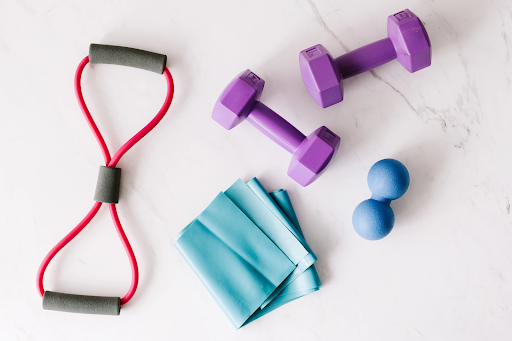
Exercise
There are many benefits to exercise, including the prevention and management of disease; however, certain types of exercise may provide more benefits than others. Research has shown that weight-bearing exercise helps prevent the development of osteoporosis and bone fractures, which become more common with age. During weight-bearing activity, the muscles and tendons apply tension to the bones, which stimulates the bones to produce more bone tissue, making them stronger. While performing weight-bearing exercises, your heart rate is going up, often in bursts, so you are also getting cardiovascular benefits as well as all the other systemic effects associated with exercise. So the question becomes: which type of weight-bearing exercise offers the most “bang for your buck”?
- Barre: This is one of my favorite types of exercise because it targets muscles you wouldn't normally use or target, which helps improve balance and bone density and strengthens the core and pelvic floor as well as improving posture. It is also easy on the joints, which, as we age, become more important. Check out the following link for a year-long subscription to at-home videos: https://barre3.com/trial.
- Walking: Many people like running; however, research has shown that running is hard on our body, especially our joints, leaving walking the better option. One way to capitalize on your walking and maximize your weight-bearing is to add ankle weights and look for areas with big hills. This little bit of extra weight makes a huge difference, and going up and down hills activates different muscle groups that are used to support your hips and joints to add stability.
- Weightlifting: Of course, weightlifting is always going to be a great addition to every workout. But make sure you're getting creative and not just hitting the big muscle groups; those tiny muscles that are often neglected are the ones that add stability and support later on in life. If you are new to weight lifting and are unsure where to start, I recommend starting with a Barre strength class, as it is a great introduction to weight lifting, posture, and muscle groups.
- Yoga: We all know the benefits of yoga; it has been cited as the most beneficial exercise time and time again in research. But it still feels worth mentioning, as it truly does add longevity, flexibility, and strength well into our elder years. It is also wonderful for stress, mental health, and overall well-being.
Check out the following YouTube channel for a variety of free yoga videos: watch here
-
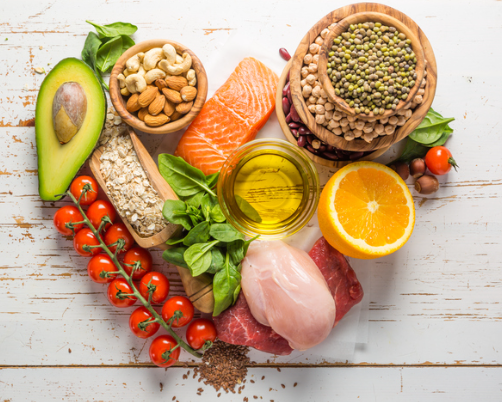
Diet
In a world with so many diet trends, the whole food diet is one that is scientifically backed by dozens of studies and one that I recommend to all my patients. Studies have found that switching to a whole-foods diet helps not only aid in weight loss but significantly decreases metabolic biomarkers, reducing chronic disease burden. Moreover, recent research has found that following a predominantly whole-foods, plant-based diet four out of seven days per week can significantly reduce your risk for cancer. Overall, it is important to keep in mind that a whole-foods diet is not a trend or a temporary diet but more of a lifestyle.
- For more information on the whole food diet, check out this link. Keep in mind that this website describes the Whole 30 challenge; however, the Whole 30 is usually done long-term, and this site provides the most accurate description of guidelines for the Whole 30 diet: https://whole30.com/what-is-whole30/
-
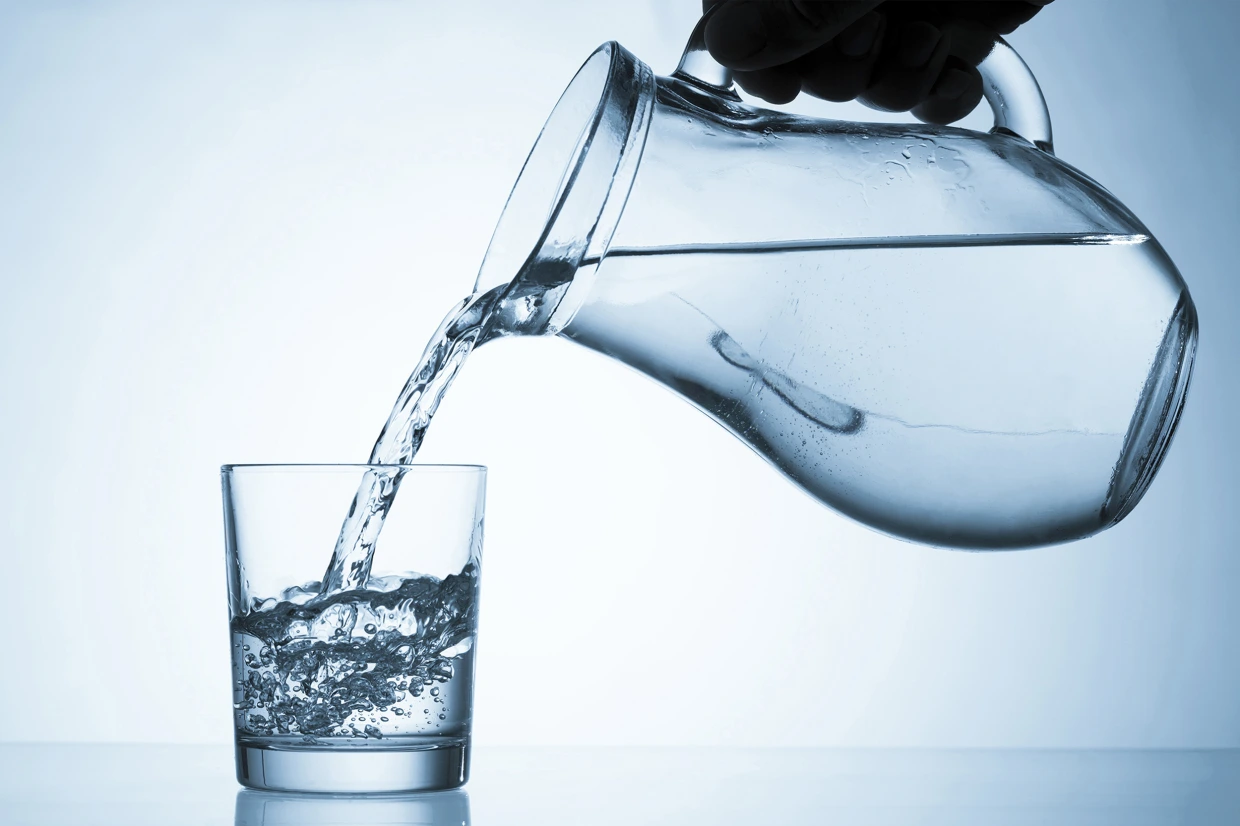
Hydration
Water supports our vital bodily functions, including digestion, skin health, immune function, detoxification, brain function, and many, many more. It is recommended to drink half our body weight (in lbs) in ounces of water per day, and more if we are sweating, such as with exercising, or are sick. Example: A 200-pound adult needs approximately 100 ounces of water each day. Pro tip: to ensure you are drinking enough water, carry around a refillable water bottle and keep track of how many times you refill to ensure you are getting all your ounces.
- Signs you're not getting enough water: dark or decreased urine output. Moodiness, irritability, headaches, and brain fog. Dry skin or poor skin health. Sluggish bowels or constipation. Fatigue, feeling weak. Persistent bad breath. Muscle aches and pains. Nausea, upset stomach.
- What are electrolytes? Electrolytes are minerals in your body that carry an electric charge and affect how your body functions, including regulating nerve and muscle function, hydration levels, and blood pH. Therefore, it can be beneficial to add electrolytes to water in cases where extreme water loss may be an issue or water retention is important.
-
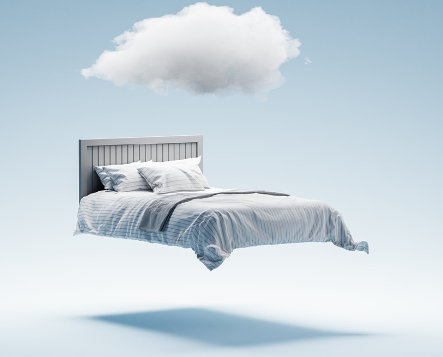
Sleep
Sleep is so important to your overall health. When we aren't getting enough sleep or proper sleep, our body's immune system weakens, inflammation occurs, and disease begins. Making sure you're practicing proper sleep hygiene to ensure good quality sleep can help. A few tips to help you get healthy sleep without counting sheep include:
- Turn off technology: stop screen time at least 1 hour, preferably 2 hours before bedtime. Make sure the room is dark; light stops melatonin production, making it hard to get restful sleep.
- Lower the temperature: Make sure the bedroom temperature is at least 60–65 F. Cold temperatures stimulate melatonin production and help create a more relaxing environment for sleep.
- Enjoy your evening: Try to create a relaxing and enjoyable evening routine for yourself that you will look forward to and be consistent with your bedtime every night. This will help your body get on a schedule. And let's face it, sometimes life throws us curve balls, and good sleep hygiene isn't enough. There are also nutraceuticals and herbs to help balance the sleep neuropathways and calm down racing thoughts in the brain that lie to creep up right before bedtime.
For recommendations and discounts on sleep supplements, check out my Fullscript dispensary: view here
